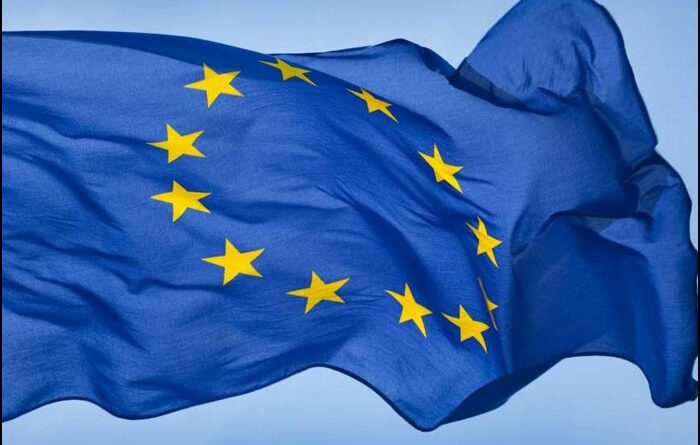Eurozone Economic Growth Slows In Q4
The euro area economy grew at a slower pace in the fourth quarter due to the restrictions imposed by the member countries amid the spread of the Omicron variant of the coronavirus, preliminary flash estimate from Eurostat showed on Monday.
Gross domestic product grew 0.3 percent sequentially, slower than the 2.3 percent expansion seen in the third quarter. The rate came in line with economists’ expectations.
Although GDP marked a slowdown compared to growth in the third quarter, that was to be expected given the moderating rebound effects, supply chain problems and increased coronavirus infections, Bert Colijn, an ING economist, said. The fact that GDP still continued to grow is a sign of strength for the economy.
The small increase in GDP in the fourth quarter came as no surprise given the country-level data published last week and shows that the euro-zone economy was struggling at the end of last year, Jessica Hinds, an economist at Capital Economics, said.
But restrictions in many countries are set to be lifted soon, allowing the recovery to resume in the coming months, the economist added.
On a yearly basis, economic growth in the currency-bloc accelerated to 4.6 percent in the fourth quarter from 3.9 percent in the preceding period. But this was slightly weaker than the expected rate of 4.7 percent.
The EU27 GDP grew 0.4 percent on quarter, taking the annual growth to 4.8 percent in the fourth quarter.
According to the first estimate for 2021, GDP expanded 5.2 percent in both the euro area and the EU.
In Austria and Germany, where restrictions had to be tightened in the fourth quarter to tackle the Delta variant, contracted from the previous quarter. The German economy shrank 0.7 percent and Austria by 2.2 percent.
By contrast, France, Italy logged moderate growth of 0.7 percent and 0.6 percent, respectively. In Spain, GDP grew strongly by 2 percent.
Source: Read Full Article


